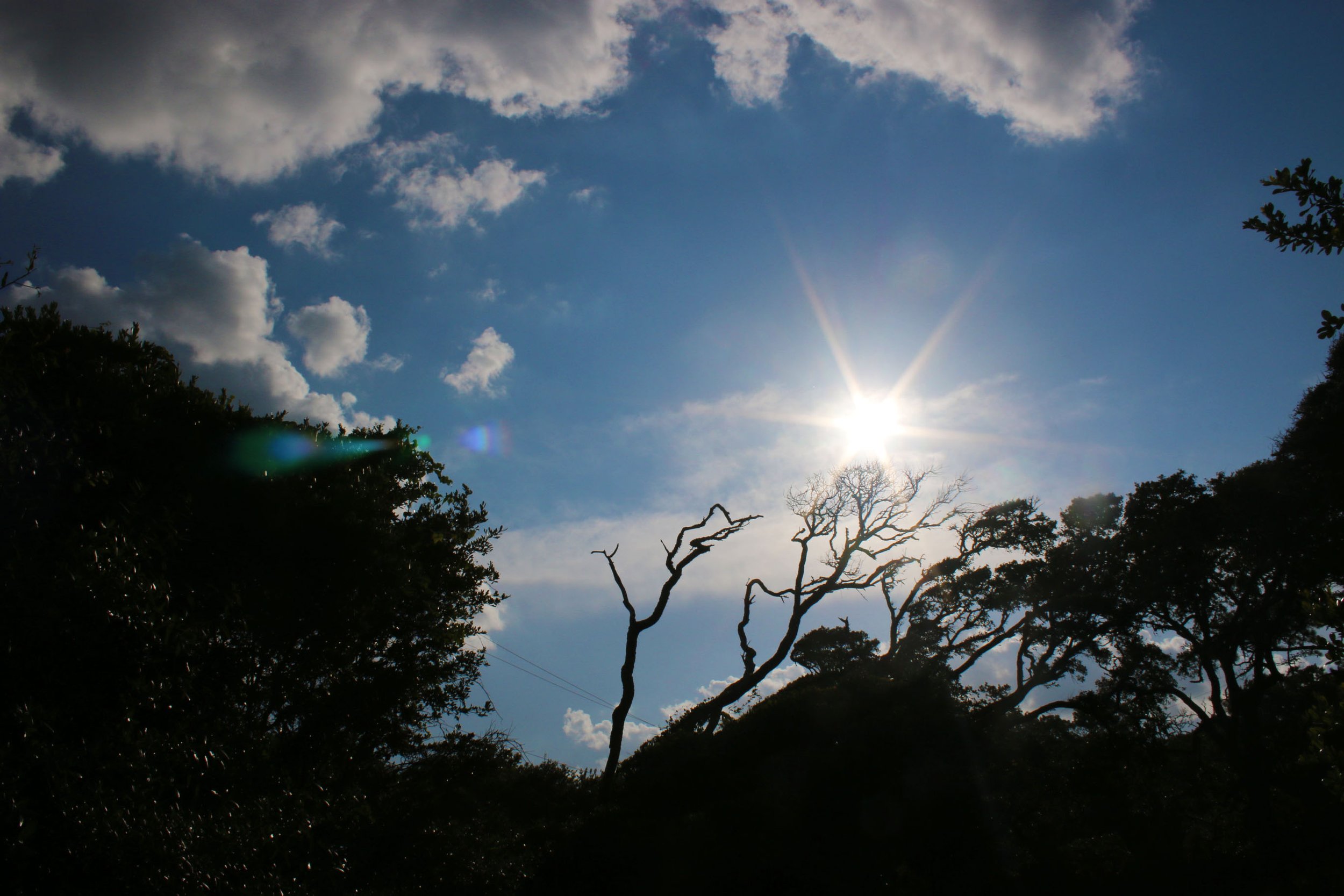
If The creek don’t rise
Collective History & Prison Abolition in the Southeast
The past must be recognized for what it is: shared history.
This digital humanities project explores the gap between theory and practice in prison abolition in the Southeastern United States. The Southeast, where nearly half of the country's nearly 2 million incarcerated people are held, plays a crucial role in the history and persistence of the prison system.
The region's ongoing struggles with incarceration are tied to its historical and cultural legacies, including the impact of Southern legislators, ingrained cultural ideologies steeped in cosmology and the weaponization of christianity, and post-Civil War dynamics. These factors have shaped attitudes and tensions between the North and South, influencing current injustices. Recognizing this history is essential for those working to end systemic oppression, as dismissing the Southeast undermines efforts for equitable change.
"If the Creek Don't Rise" urges the inclusion of the South in the prison abolition movement. The project serves as a cultural memory microcosm, educating on the historical North-South relationship and its impact on today's justice system. The "Layered Histories" section juxtaposes the region's past with the current prison system, while the "Data" section provides insights into incarceration rates influenced by cultural factors. The project offers recommendations for supporting grassroots efforts and strategies for achieving abolition, aiming to inspire collective healing and progress.
About The NAME
"If the creek don’t rise" is a slang phrase from the Southeastern United States, meaning "if all goes well." It's often part of the longer expression "Lord willing and if the creek don’t rise," used to imply that plans depend on God's will. While commonly linked to a biblical verse, the phrase's origins are tied to the Muscogee Creek and Hitchiti Native American tribes, significant in the colonization of the South.
In the early 1800s, the Creek Confederacy, formed by 19 tribal groups, resisted land seizures by white colonizers. The Creek Wars began on August 30, 1813, when the Red Sticks, a division of the Creek Confederacy, attacked colonists in Alabama, resulting in the Fort Mims Massacre. The phrase "creek don’t rise" is now sometimes linked to this period of colonization and the subsequent displacement and genocide of the Creek tribes.
The historical context of this phrase, encompassing issues of history, religion, class, and displacement, reflects broader issues related to incarceration in the South. Understanding these connections is crucial for addressing mass incarceration in the region.
Among Southerners, what states are a part of the South is a contentious topic. Some Texans don’t believe they are a part of the South. Some people think Arkansas is too far West. The researcher, who is Southern, chose these 13 states to represent the South in this work.
Red Stick leader Red Eagle surrenders to Andrew Jackson after the Battle of Horseshoe Bend - Jackson was so impressed with Red Eagle’s boldness to surrender in person that he let him go. (U.S. National Park Service)


